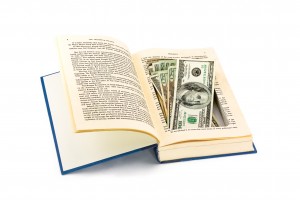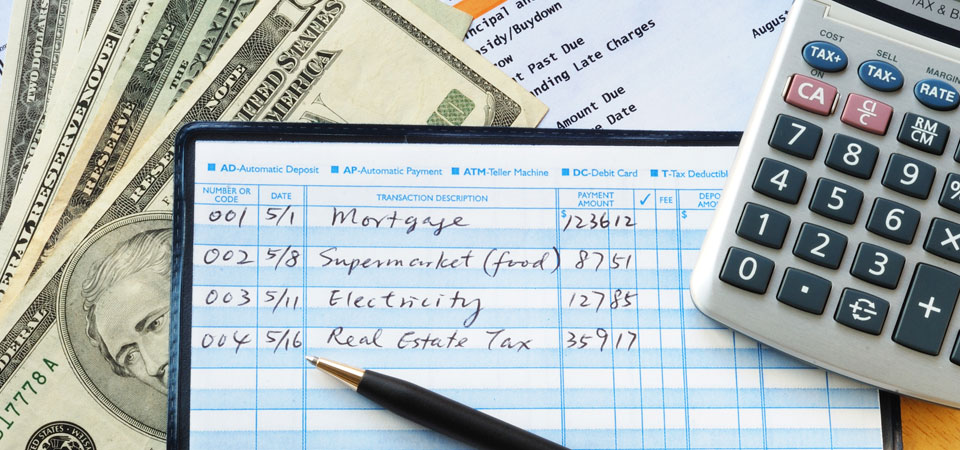It may be surprising that many people don’t understand what bankruptcy is, and that there are different kinds of bankruptcy. Generally speaking, people have been raised to fear bankruptcy and think of bankruptcy as bad, so they avoid the topic. The truth is, at times, bankruptcy can be the best way to save someone’s financial present and build for a solid financial future.
In simple terms, bankruptcy is the legal action when a person or business is unable to repay their debts so they go to the courts to make a plan to have those debts eliminated or restructured. When a person or business believes they cannot and will not be able to repay their debts as currently structured, they file a petition in which all of the debtor’s assets will be measured. Those remaining assets are then used to repay part of the debt that remains. When the process is complete, the debtor is relieved of many of the debt obligations they had prior to the Utah bankruptcy.
Differences Between Chapter 7 and Chapter 13 Bankruptcy
Chapter 7 Bankruptcy
is a liquidation that is intended to wipe out general and unstructured debts such as credit cards and medical bills. For a person to qualify for a Chapter 7, the debtor can have no disposable income. If the debtor has too much income, they may be required to file a Chapter 13 bankruptcy.
Chapter 13 Bankruptcy
is a reorganization of debt rather than a liquidation of debt. It is designed for debtors who have regular income and who can pay back either a portion or maybe all of their debt after the debt has been reorganized. A big benefit of Chapter 13 is the ability of catch up on missed mortgage payments and to strip unsecured junior liens from home mortgages.

Things to Remember in a Utah Chapter 7 and Chapter 13 Bankruptcy
- In Utah, non-exempt property can be sold by the trustee. They can sell a home or a car to satisfy debt.
- Chapter 7 bankruptcy is only a temporary defense against foreclosure.
- When filing for a Chapter 7 bankruptcy, co-signers on loans can be stuck with debt of the person filing for the bankruptcy.
- In Chapter 13 bankruptcy, the payment plan settled on remains in place for the life of the agreement.
- It takes three to five years to satisfy a Chapter 13 filing.
- Stockbrokers and commodities brokers cannot file for Chapter 13 bankruptcy.
- In a Chapter 13 filing in Utah, you can keep all of your property if you can afford the arranged payment.
- If the Chapter 13 plan provides for all debts to be paid by the end of the plan, co-signers are immune from collection.
Documents Needed to File for Bankruptcy in Salt Lake City, Utah
In Utah, there is a test use to determine if a bankruptcy should be a Chapter 7 filing or a Chapter 13. This test is called the 2005 Bankruptcy Act Means Test, and the process of this test includes having the courts look at an individual’s average income for the previous six months. That average will then be compared to the median income for Utah. If your average is lower, then you can file for Chapter 7 bankruptcy if that is your choice. If your income exceeds the median income for Utah, there is more to the means test to determine if you qualify for Chapter 7 bankruptcy, or if you must file for Chapter 13. When you are prepared to file for bankruptcy and you go to the court, there will be financial documents that you will be required to show.
- An itemized list of income sources
- Major financial transactions for the last two years
- Monthly living expenses
- Debts, both secured and unsecured
- Property including all assets and possessions, not just real estate
- Tax returns for the past two years
- Deeds to real estate
- Car titles
- Loan documents
What Happens After You File for Bankruptcy in Utah?
Filing for bankruptcy is a stressful process and there are many questions the debtor will have. Some of the most common include:
- What will the proceedings be like? Will I be grilled in court about my debts? The court proceedings in Utah entail a meeting of the creditors in which the debtor, or bankruptcy trustee and any creditor who chooses to come will attend. In most circumstances the meeting is short with a few questions asked and answered. If there is a dispute over a debt, the trustee may need to appear before a judge at a hearing.
- Many people wonder if they will ever be able to have a credit card again after filing for bankruptcy, and the answer is yes. Sometimes, if creditors agree, you can even keep the credit cards you currently have.
- In Utah, public utilities cannot refuse to provide, or cut off service for people who have filed for bankruptcy. However they can require a deposit for future service.
- Co-signers may be held liable for debts they signed for. It depends on the kind of bankruptcy a trustee has filed for, and if the repayment schedule involves repaying all debts rather than just a portion.
- Bill collectors are supposed to stop calling debtors once they become aware of bankruptcy proceedings.
- Student debts are generally not erased in bankruptcy filings, although there are some exceptions.
Summary of Chapter 7 Bankruptcy Filing Salt Lake City
A Chapter 7 bankruptcy filing can wipe out a person’s debts and give them a fresh start. Chapter 7 is a liquidation of the debtor’s assets that are not exempt, and this allows the person who owns the debt to take that payment and the debtor to move on from there. Some debts in Chapter 7 bankruptcy cannot be discharged, including alimony, child support, fraudulent debts, some taxes, student loans, and some charged items. A debtor who files for Chapter 7 bankruptcy must wait 8 years to file again.
Summary of Chapter 13 Bankruptcy Salt Lake City
The debtor proposes a plan to pay all or a portion of the debt they have over three to five years. A Chapter 13 bankruptcy protects a house from foreclosure, and allows the debtor to make up car payments and missed house payments. The debtor can also keep valuable non-exempt property. Chapter 13 bankruptcy is most often used by debtors who want to keep property such as a home or car and when they have more assets than the median for Utah.
Salt Lake City Bankruptcy Attorney
The experienced attorneys at Jennings & Medura, LLC can help you file for a Utah bankruptcy, and get those creditors to stop calling. Take advantage of our free bankruptcy consultation by calling (801) 883-8325, and get the relief that you and your family need.





 Had the lies about income been discovered during the bankruptcy hearing, the case could have been dismissed immediately. If the case had been dismissed at that time, the financial situation of the Guidice’s would have returned to where it was prior to bankruptcy proceedings. That means creditors would have still been hounding the family and assets would have been in danger of being taken and the family could have lost everything they had if bankruptcy had been off the table for them. Although the 15 month sentence Teresa received and the 41 month sentence Joe received probably feel harsh to them, they may feel different had they lost everything they had, which may have happened had they been caught lying during the original bankruptcy hearing.
Had the lies about income been discovered during the bankruptcy hearing, the case could have been dismissed immediately. If the case had been dismissed at that time, the financial situation of the Guidice’s would have returned to where it was prior to bankruptcy proceedings. That means creditors would have still been hounding the family and assets would have been in danger of being taken and the family could have lost everything they had if bankruptcy had been off the table for them. Although the 15 month sentence Teresa received and the 41 month sentence Joe received probably feel harsh to them, they may feel different had they lost everything they had, which may have happened had they been caught lying during the original bankruptcy hearing.


